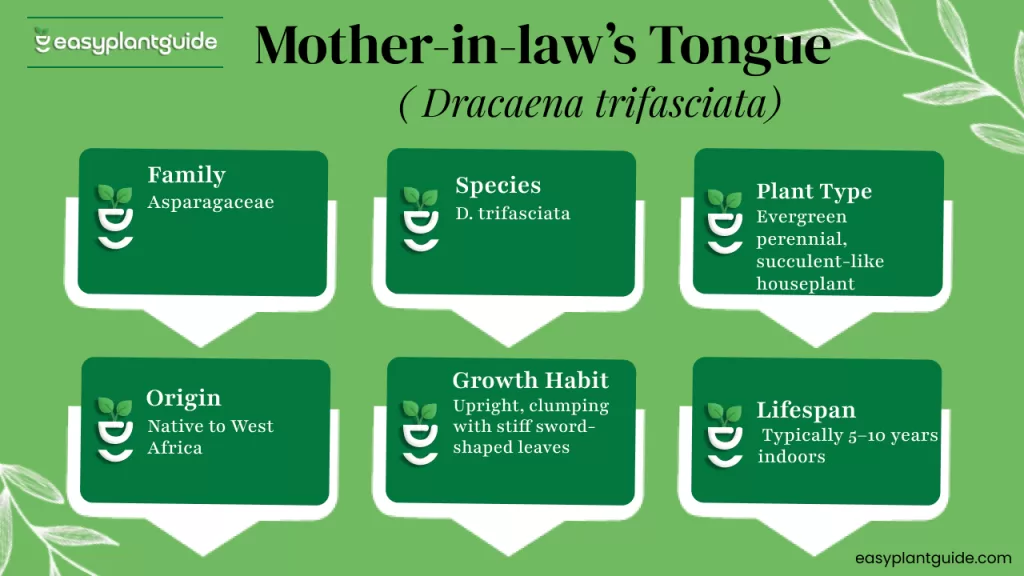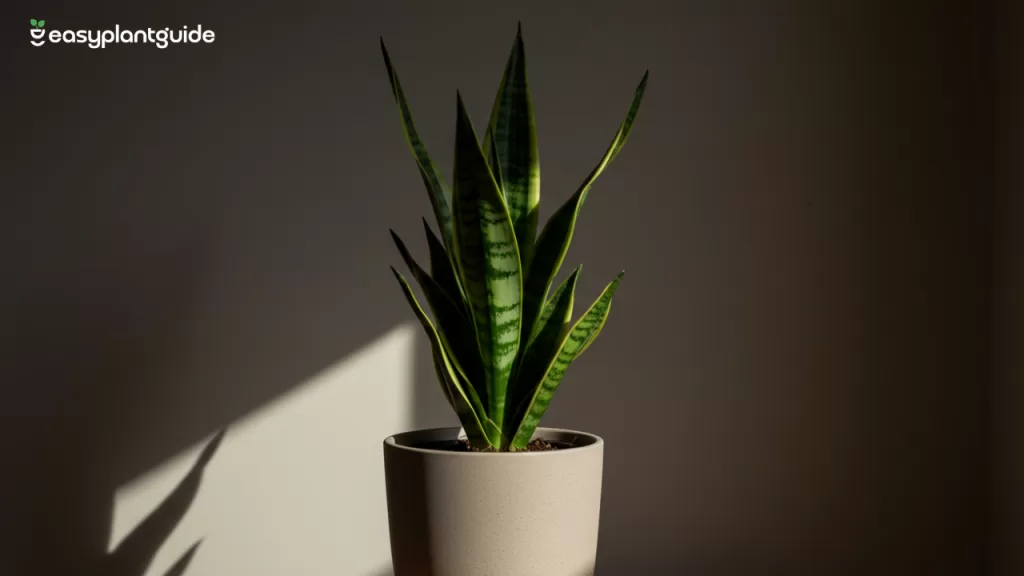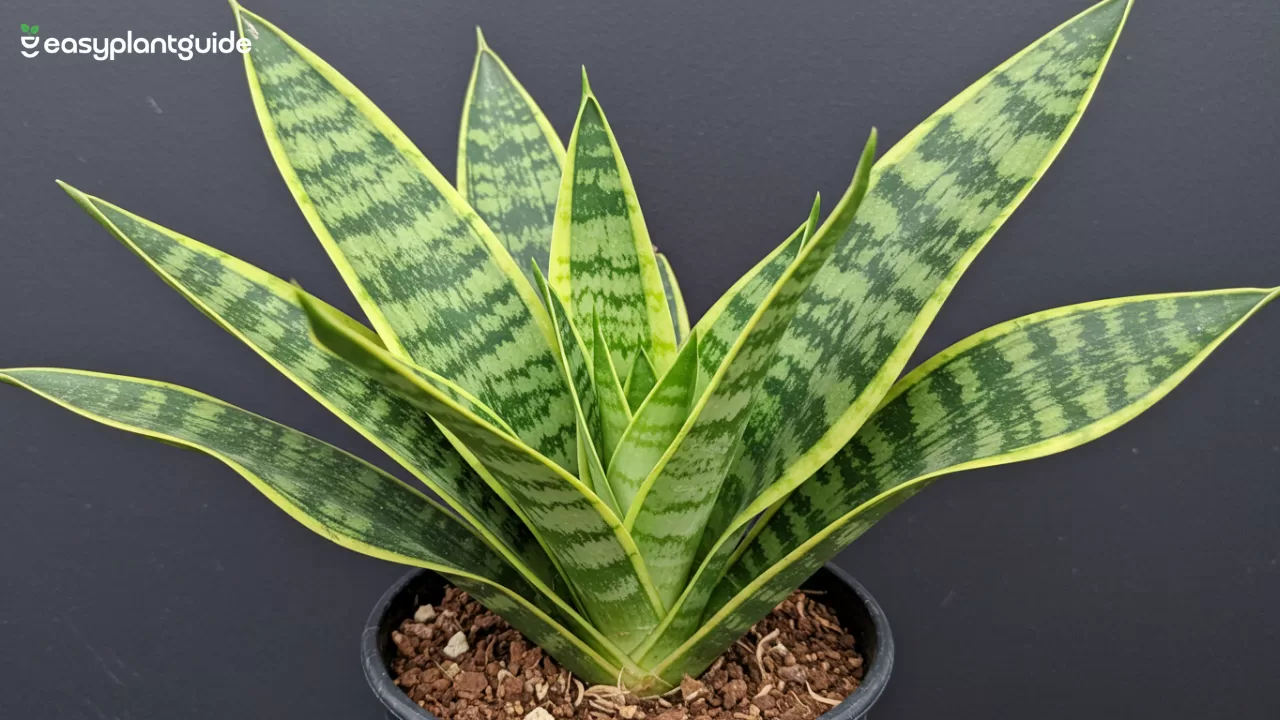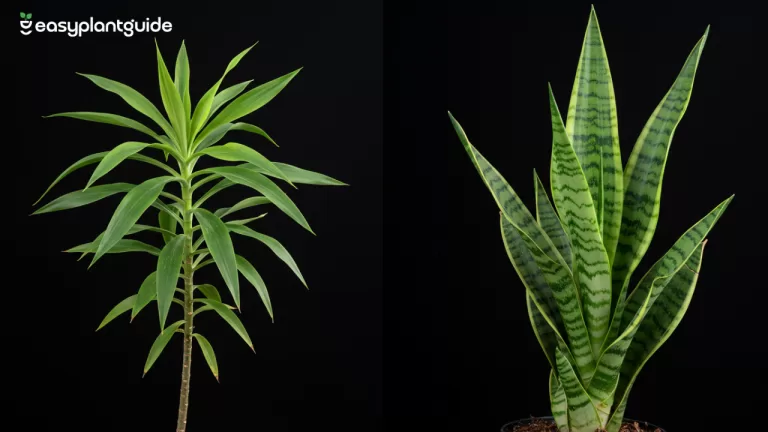7 Shocking Truths does snake plant attract bugs
Snake plants (also known as Sansevieria or Mother-in-law’s tongue) are one of the most popular indoor plants because of their low maintenance and air-purifying qualities. But if you’re planning to bring one home, you might be wondering: does snake plant attract bugs? This question pops up often among plant lovers because no one wants creepy crawlies sharing their home.
The truth is, while snake plants are generally pest-resistant, certain conditions can invite bugs. In this guide, we’ll break it down in detail—why bugs might appear, which pests to watch out for, and how to keep your snake plant bug-free.

What Makes Snake Plants So Popular?
Before talking about pests, let’s see why snake plants are adored by plant lovers:
- Easy to grow indoors and outdoors
- Tolerates low light conditions
- Helps purify indoor air by removing toxins
- Requires very little watering
- Stylish and fits with any home décor
Does Snake Plant Attract Bugs?
Here’s the short answer: snake plants don’t usually attract bugs. They are considered tough, hardy, and somewhat pest-resistant. However, poor conditions such as overwatering, dust buildup, or unhealthy soil can attract pests.
Think of it this way: pests are like unwanted guests—they rarely show up unless you accidentally send them an invitation.
Why Do Bugs Appear on Snake Plants?
Bugs are not naturally attracted to snake plants. Instead, they come when conditions are favorable:
- Overwatering creates damp soil, perfect for fungus gnats.
- Lack of cleaning makes leaves dusty, attracting spider mites.
- Poor air circulation encourages pest infestations.
Nearby infected plants spread bugs. - Weak or stressed snake plants become easy targets.
Common Bugs That Attack Snake Plants
Here are the most common culprits you might encounter:
- Spider mites – Tiny red or brown dots creating webbing on leaves.
- Mealybugs – White, cotton-like pests hiding in leaf joints.
- Scale insects – Hard-shelled brown bumps sucking plant sap.
- Fungus gnats – Small black flies breeding in moist soil.
- Thrips – Slender insects that scar leaf surfaces.
Signs Your Snake Plant Has Bugs
How do you know if your plant has an infestation? Look out for:
- Yellowing or curling leaves
- White cottony patches
- Tiny webs between leaves
- Sticky residue on plant surfaces
- Small black flies hovering near soil
Snake Plant Pests and Their Symptoms
| Bug Type | What They Look Like | Signs on Snake Plant |
| Spider Mites | Tiny red/brown dots | Webbing, yellow spots on leaves |
| Mealybugs | White, cotton-like clusters | Sticky residue, stunted growth |
| Scale Insects | Hard brown bumps | Sap loss, weak and drooping leaves |
| Fungus Gnats | Small black flies | Seen flying near soil, root damage |
| Thrips | Slender, winged insects | Leaf scars, silvery streaks |
How to Prevent Bugs on Snake Plants
Here’s how to keep your plant pest-free:
- Avoid overwatering—let the soil dry out between waterings.
- Wipe leaves with a damp cloth regularly.
- Keep your snake plant in a well-ventilated space.
- Quarantine new plants before placing them nearby.
- Use sterile potting soil when repotting.
5 Effective Natural Remedies for Snake Plant Bugs
- Neem oil spray for mealybugs and spider mites
- Rubbing alcohol applied with cotton swab
- Soap-water spray to kill does snake plant attract bugs soft-bodied pests
Cinnamon powder in soil to repel fungus gnats - Garlic spray as a natural insect repellent
5 Chemical Solutions for Severe Infestations
- Insecticidal soap
- Systemic does snake plant attract bugs insecticides
- Fungicides for soil-borne issues
- Pyrethrin-based sprays
- Horticultural oils
Can Snake Plants Prevent Bugs in Homes?
Interestingly, many plant lovers believe that snake plants don’t just resist bugs—they might even reduce the number of insects indoors. While this isn’t officially proven by science, there are several logical reasons behind this idea.
- No sweet scents or nectar
Flowering plants often release fragrances, nectar, or pollen that attract insects like ants, gnats, or even mosquitoes. Snake plants, does snake plant attract bugs on the other hand, rarely bloom indoors, and even when they do, their flowers don’t produce the kind of scent that draws bugs. - Natural air-purifying effect
Snake plants are famous for filtering toxins like formaldehyde, benzene, and xylene from the air. A cleaner indoor environment may indirectly discourage pests that thrive in musty or stale conditions. - Minimal soil moisture
Since snake plants don’t does snake plant attract bugs require frequent watering, their soil usually stays on the drier side. Damp soil is one of the main reasons for pests like fungus gnats. Because snake plants thrive in dry soil, they are far less attractive to these insects. - Stable growth with fewer dead leaves
Bugs often flock to decaying plant material. Snake plants grow slowly and steadily, shedding fewer leaves compared does snake plant attract bugs to fast-growing houseplants. Less rotting organic matter means fewer opportunities for pests to move in.
Snake Plants vs Other Indoor Plants: Pest Resistance

When it comes to pest resistance, snake plants easily outperform many other trendy houseplants. Let’s compare them with a few favorites:
- Fiddle Leaf Fig (Ficus lyrata)
While undeniably stylish, fiddle leaf figs are notorious for attracting pests like spider mites, aphids, and mealybugs. Their large, broad leaves hold dust, and the plant’s need for consistent care often leads to stress—making it an easy target for infestations. - Monstera (Monstera deliciosa)
Monsteras are beautiful with their iconic split leaves, but they’re prone to thrips, scale, and fungus gnats. Since they love moist does snake plant attract bugs soil, overwatering often invites bugs and even root rot. - Pothos (Epipremnum aureum)
Pothos are hardy and beginner-friendly, but they can still attract mealybugs and spider mites, especially in warm and humid indoor conditions. Their does snake plant attract bugstrailing vines provide many hiding spots for pests. - Snake Plant (Sansevieria)
In contrast, snake plants are like the “tough warriors” of the indoor plant world. Their thick, waxy leaves are unappealing does snake plant attract bugsto most insects, and their drought-tolerant nature means the soil rarely stays wet enough to invite fungus gnats.
5 Mistakes That Invite Bugs to Snake Plants
- Overwatering too often
- Ignoring dust on leaves
- Using unsterile soil from the garden
- Keeping the plant in dark, damp corners
- Not inspecting plants for early pest signs
How to Get Rid of Fungus Gnats in Snake Plants
Fungus gnats are one of the most annoying pests. To control them:
- Let soil dry completely between watering
- Add sand or small pebbles on top does snake plant attract bugs of the soil
- Use sticky traps near the plant
- Apply hydrogen does snake plant attract bugs peroxide solution to soil
- Repot with fresh, sterile soil
Do Snake Plants Attract Mosquitoes?
No, snake plants do not attract mosquitoes, and that’s one of the reasons they’re such a great indoor choice. Mosquitoes are usually drawn to plants with moist soil, water-holding leaves, or nectar-producing flowers, but snake plants don’t provide any of these conditions. Their leaves are thick, dry, and waxy, making them unappealing to mosquitoes, and does snake plant attract bugs since they require little water, the soil doesn’t stay damp long enough to attract them either. Compared to water-rich plants like peace lilies or bromeliads, does snake plant attract bugs snake plants are far less likely to become mosquito hangouts.
Do Snake Plants Attract Spiders?
Not directly—snake plants don’t actually attract spiders. What usually happens is that spiders may weave webs around the plant because its tall, upright leaves provide a strong and stable structure to anchor their webs. However, the spiders aren’t feeding on or damaging the snake plant itself; they’re simply using it as a convenient support while hunting for other small insects in the area. In fact, having a spider or two around can sometimes be helpful since they naturally reduce the population of bugs that might harm your plant.
Final Tips for a Bug-Free Snake Plant
- Water wisely, not too much
- Keep leaves clean and shiny
- Check soil and pot regularly
- Isolate infected plants quickly
- Use preventive sprays occasionally
Conclusion
So, does snake plant attract bugs? The honest answer is no—at least not under normal conditions. Snake plants are naturally tough and resistant to most common pests, which makes them one of the easiest indoor plants does snake plant attract bugs to care for. However, when basic care is neglected, such as overwatering, letting dust accumulate on the leaves, or using poor-quality soil, the chances of attracting bugs increase. Think of it like leaving your door open for unwanted guests—bugs only show up when conditions invite them. With the right watering schedule, regular leaf cleaning, good airflow, and quick action if pests appear, your snake plant will stay strong, vibrant, does snake plant attract bugs and bug-free for years to come.
Checkout for more Blogs Details here.



